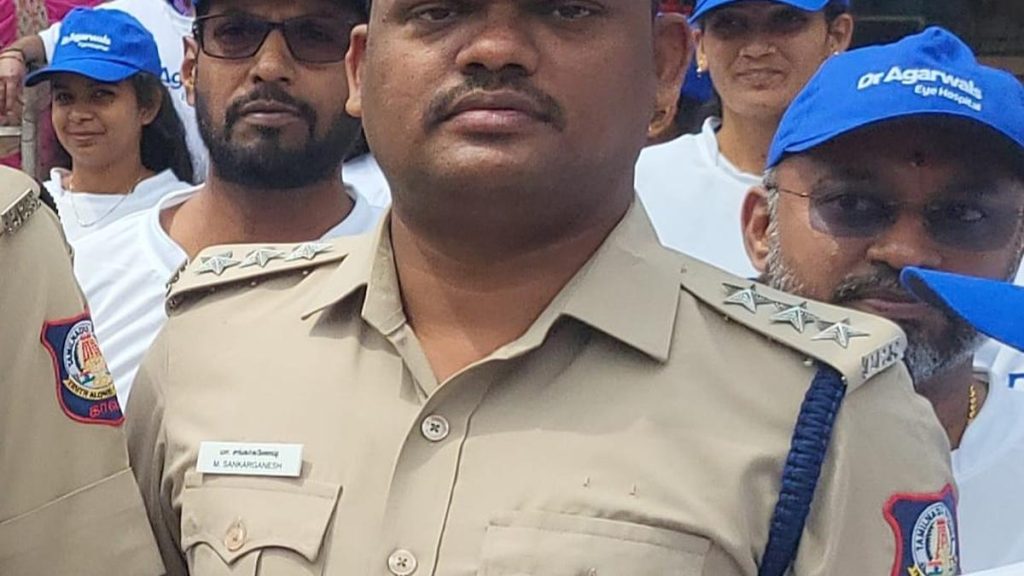Now Reading: BJP Criticizes Government Over Delay in Implementing 42% BC Quota
-
01
BJP Criticizes Government Over Delay in Implementing 42% BC Quota
BJP Criticizes Government Over Delay in Implementing 42% BC Quota

Rapid summary
- BJP Telangana president N. Ramchander Rao criticized the Congress-led State government for blaming the Centre over the non-implementation of 42% reservations for Backward Classes (BCs) in Telangana.
- He alleged that Congress uses this issue to divert attention from its administrative failures and called their Kamareddy meeting a “meeting of betrayal.”
- Rao questioned the sincerity of Congress’s commitment to providing BC quotas and suggested that legal procedures were ignored while passing related bills.
- he claimed ₹1,600 crore in Central funds had been withheld due to delays in conducting local body elections, which could potentially escalate to ₹3,000 crore.
- Citing a recent Vice-President election candidate selection, he doubted the State government’s commitment to BC upliftment since it allegedly fielded a Reddy candidate over one representing BCs.
- Defense Minister Rajnath Singh will serve as chief guest at Telangana liberation Day celebrations scheduled for September 17 at Secunderabad Parade Ground.
Indian Opinion Analysis
The criticism voiced by BJP leader N. Ramchander Rao highlights two central concerns regarding governance in Telangana: delayed local body elections and perceived shortcomings in implementing quotas for Backward Classes (BC). While valid criticism exists surrounding legislative processes like amending Section 285 of the Panchayat Raj Act late, accountability also rests with how both state and central governments collaborate on critical funding tied to local governance structures.
The withholding or risk of forfeiture concerning ₹3,000 crore in Central funds underscores how procedural bottlenecks can directly impact public welfare programs.This is notable because effective implementation of such financial assistance often hinges upon efficient administrative coordination between levels of government.
Additionally, skepticism about sincerity toward BC portrayal-illustrated through candidate selection disputes-is emblematic of broader debates within Indian politics regarding inclusiveness versus entrenched political dynamics based on caste affiliations.
Such differences may warrant closer scrutiny as they reveal potential gaps between policy intent and outcomes affecting marginalized communities. Though, meaningful reforms would require bipartisan clarity rather than rhetorical blame-shifting-a worldwide challenge across states grappling with politically sensitive issues like reservations or regional equity.
Read More: Link
























